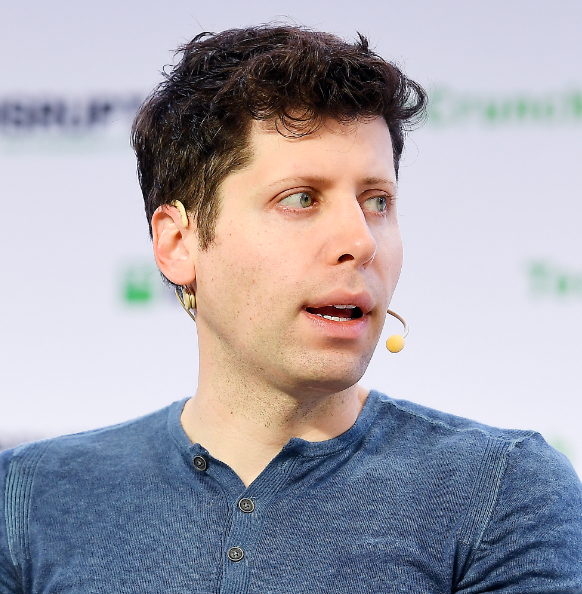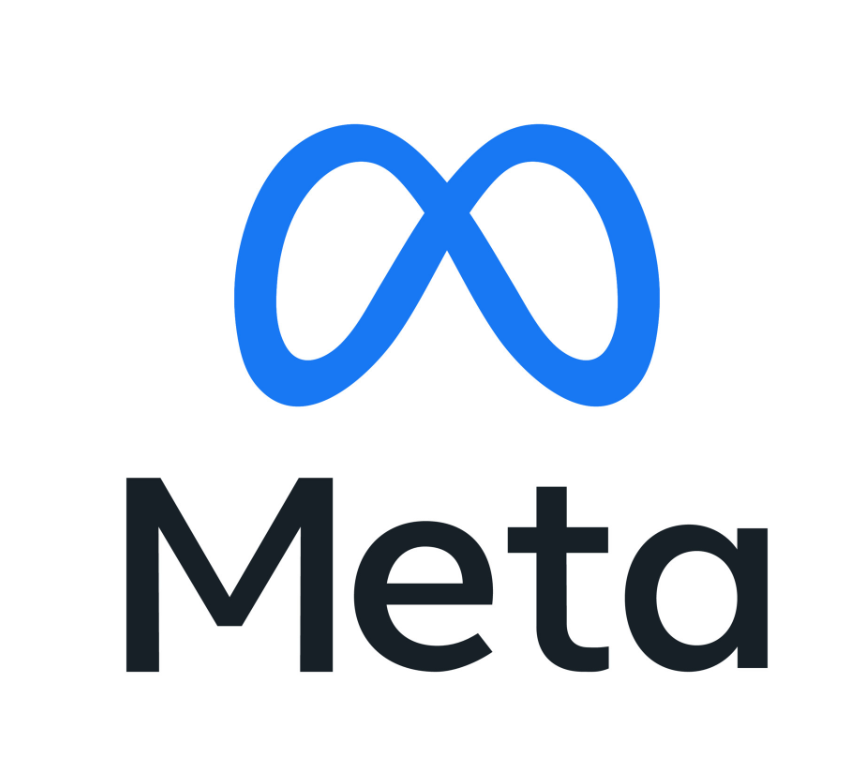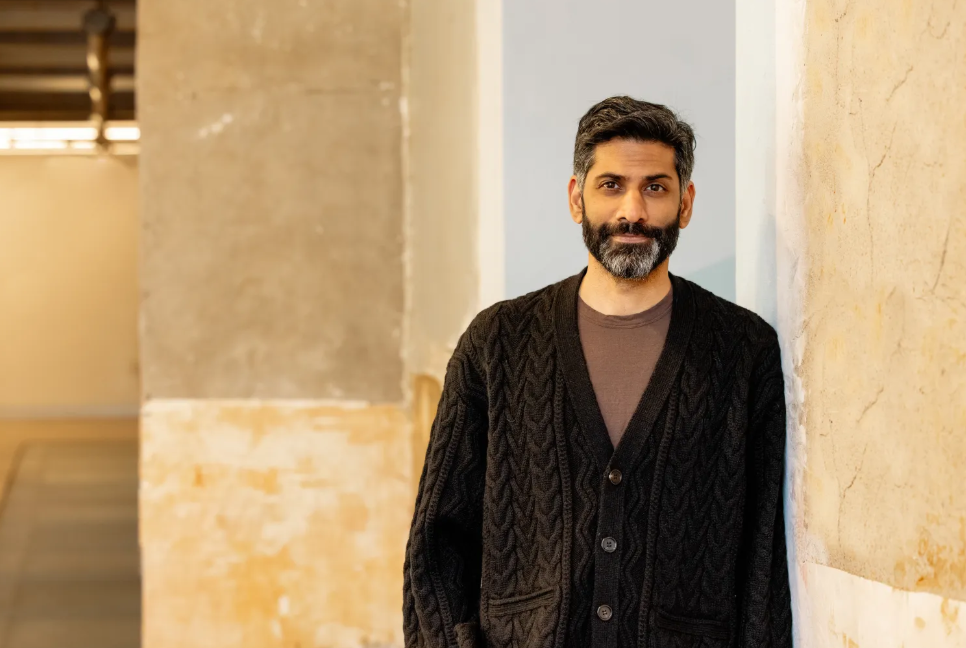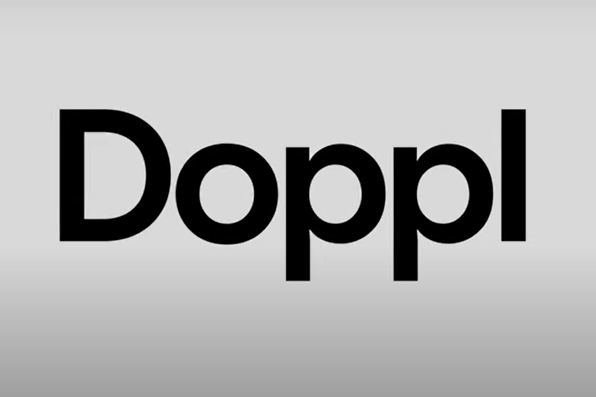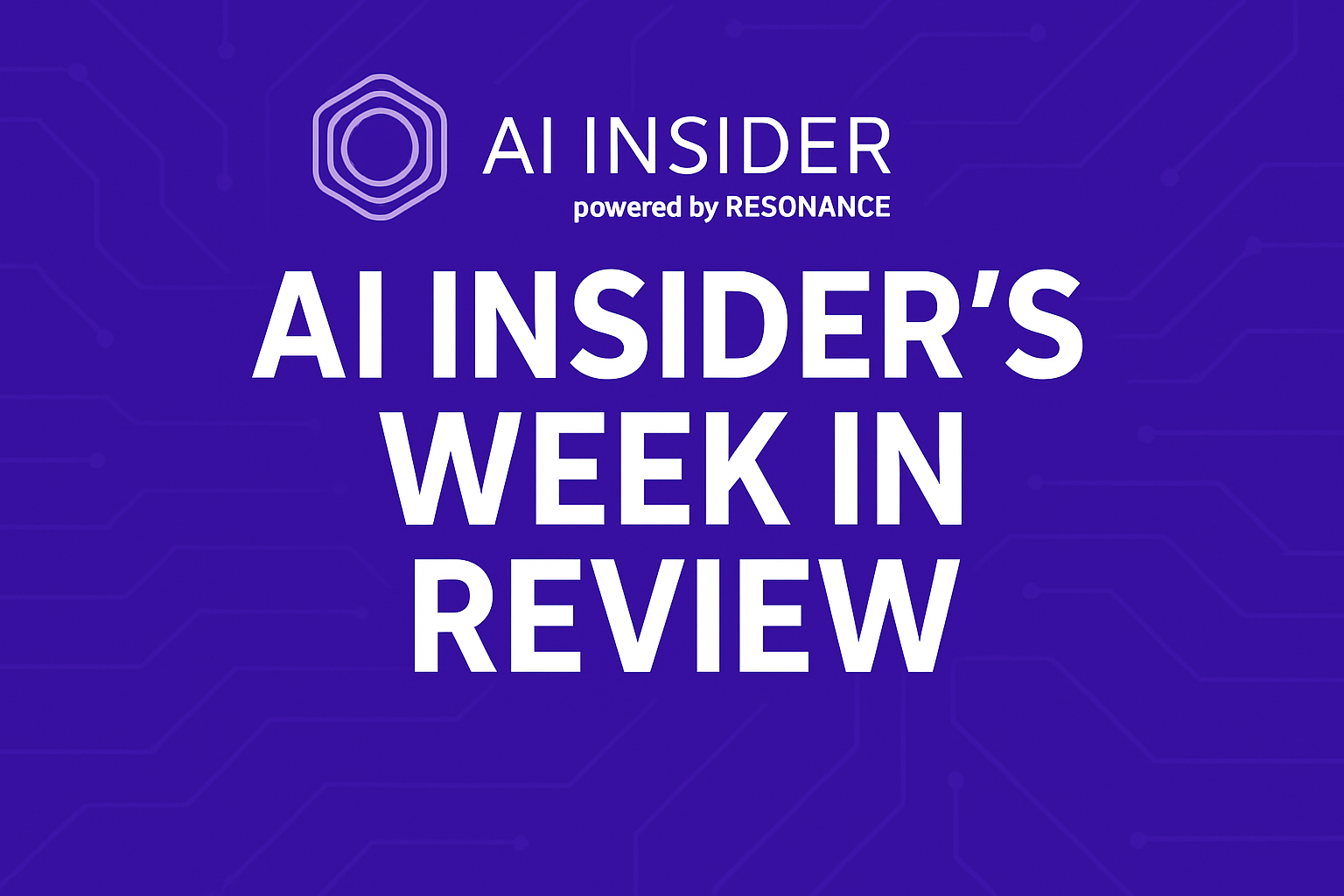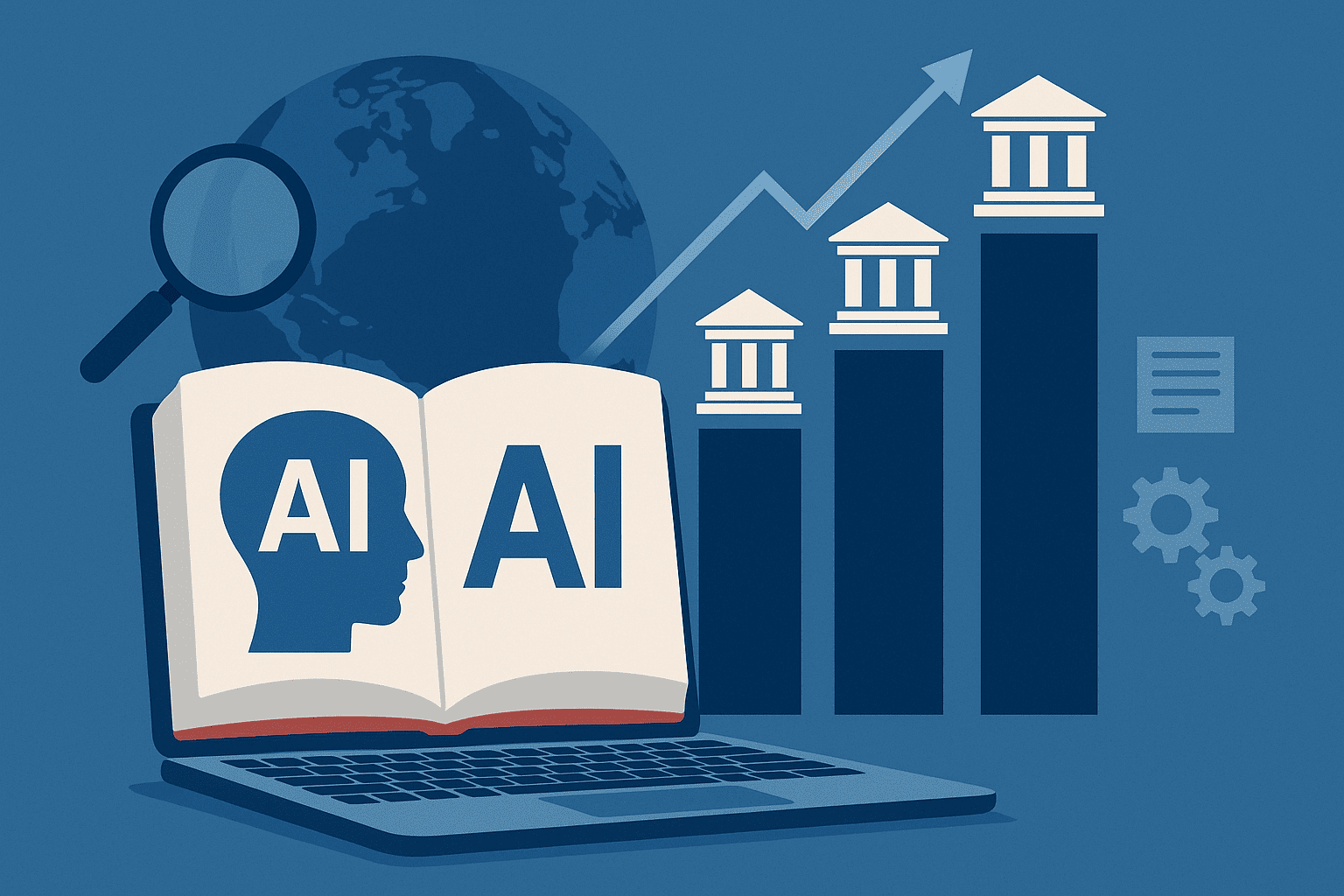In a recent announcement, OpenAI revealed its collaboration with Common Sense Media, a nonprofit organization, to develop educational resources and guidelines for safer AI use among teens. This partnership aims to enhance understanding of AI’s risks and benefits, focusing on creating “family-friendly” GPT-branded language models in line with Common Sense’s standards.
“We want to figure out how to make this tool safely and responsibly and broadly available to teens and people who are going to use it as part of their educational experience,” Sam Altman, Open AI’s CEO, said at a Common Sense event in San Francisco on Monday.
The initiative also includes an AI ratings and review system, addressing concerns like AI’s impact on learning, rights, and misinformation spread. This effort is supported by a $3 million contribution from Craig Newmark Philanthropies to fund Common Sense’s AI and education projects.
Jim Steyer, CEO of Common Sense Media, stated in a release that the resources being created in collaboration with OpenAI are aimed at educating families and educators on the safe and responsible usage of ChatGPT. He emphasized the goal of preventing any unintended consequences associated with this emerging technology.
It was noted that Common Sense did not specify the modifications to be made to Large Language Models (LLMs) for assisting educators and teens. However, Sam Altman mentioned that LLMs tailored for educational use could be beneficial for teenagers interested in learning subjects such as science or biology.
“I don’t think we know yet exactly how people are going to want to use it,” said Altman, while also expressing his vision of a future where “every teen or every adult will have access to a personalized AI.
Altman acknowledged the challenges posed by AI-generated images, especially concerning deepfakes in the context of the upcoming elections. He admitted these images could be problematic, but also expressed his belief in people’s sophistication, suggesting that they don’t necessarily believe every image they see.
Featured image: Credit: Wikipedia
